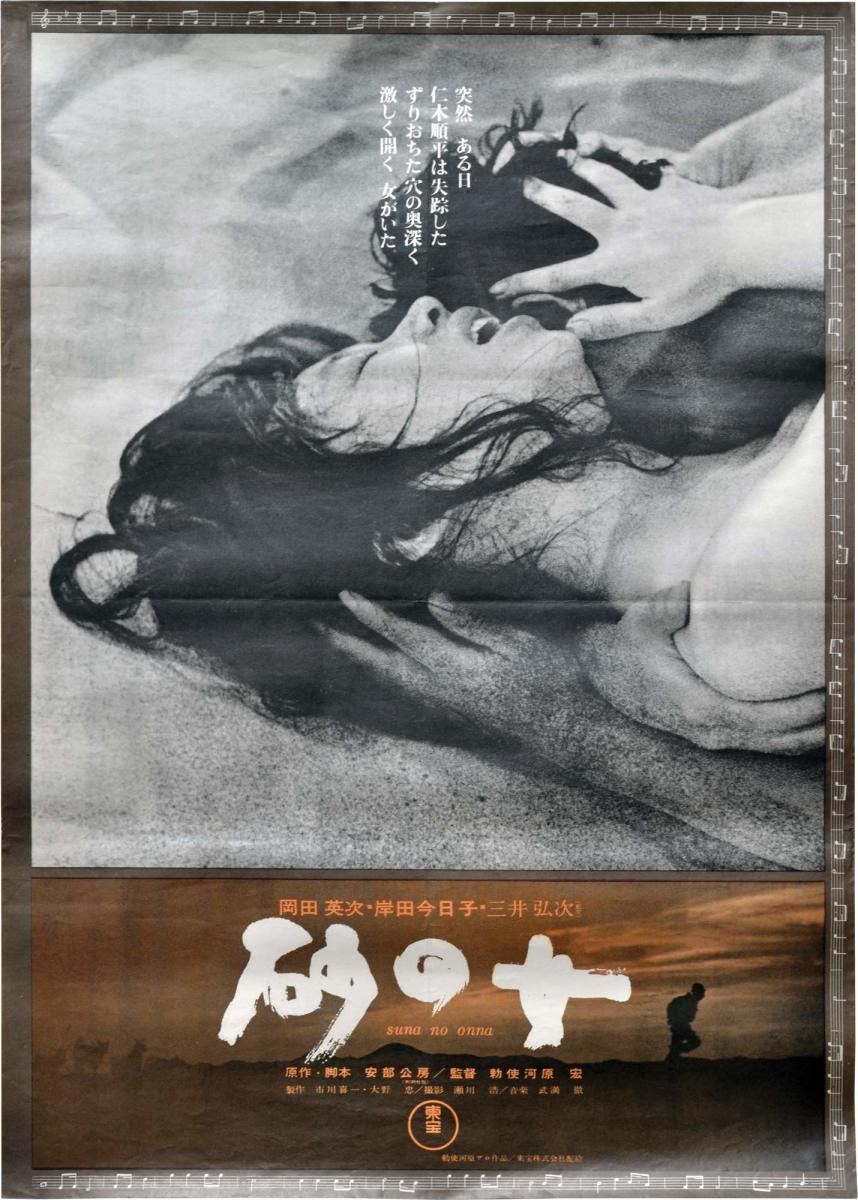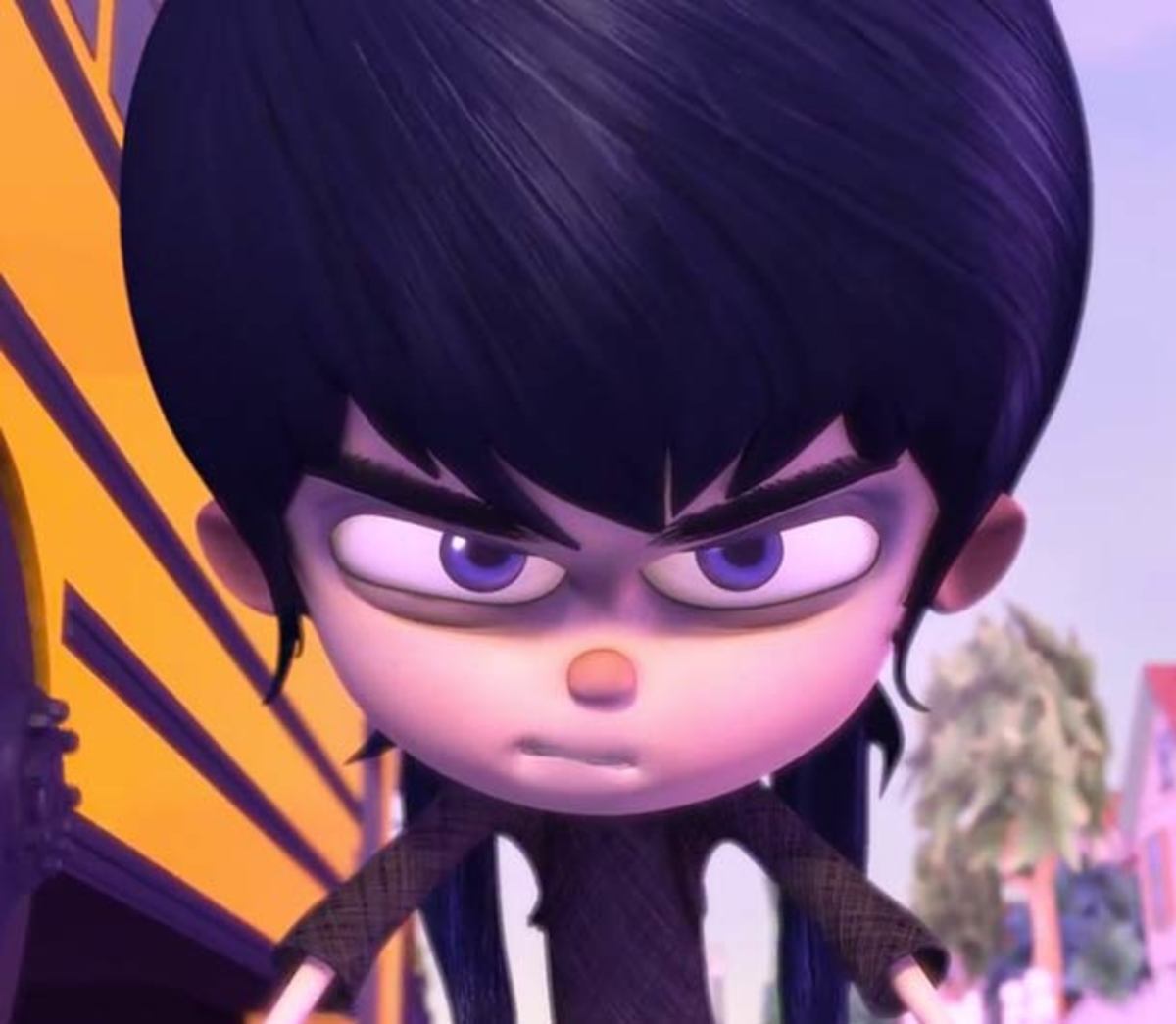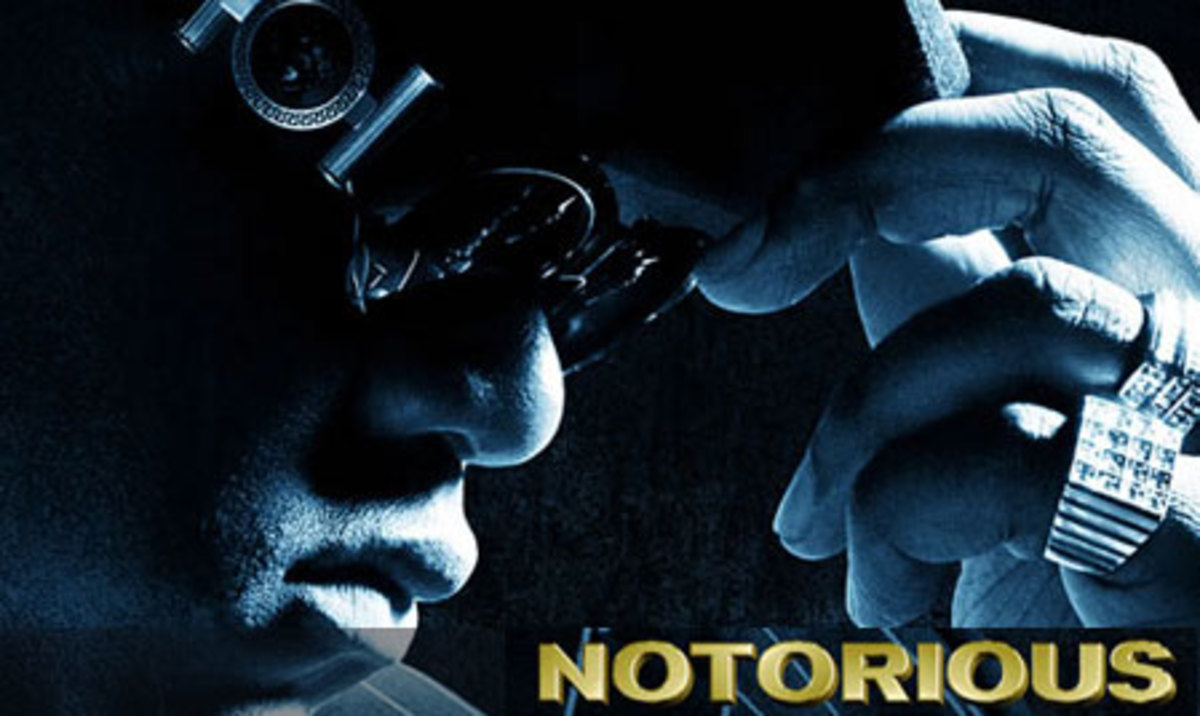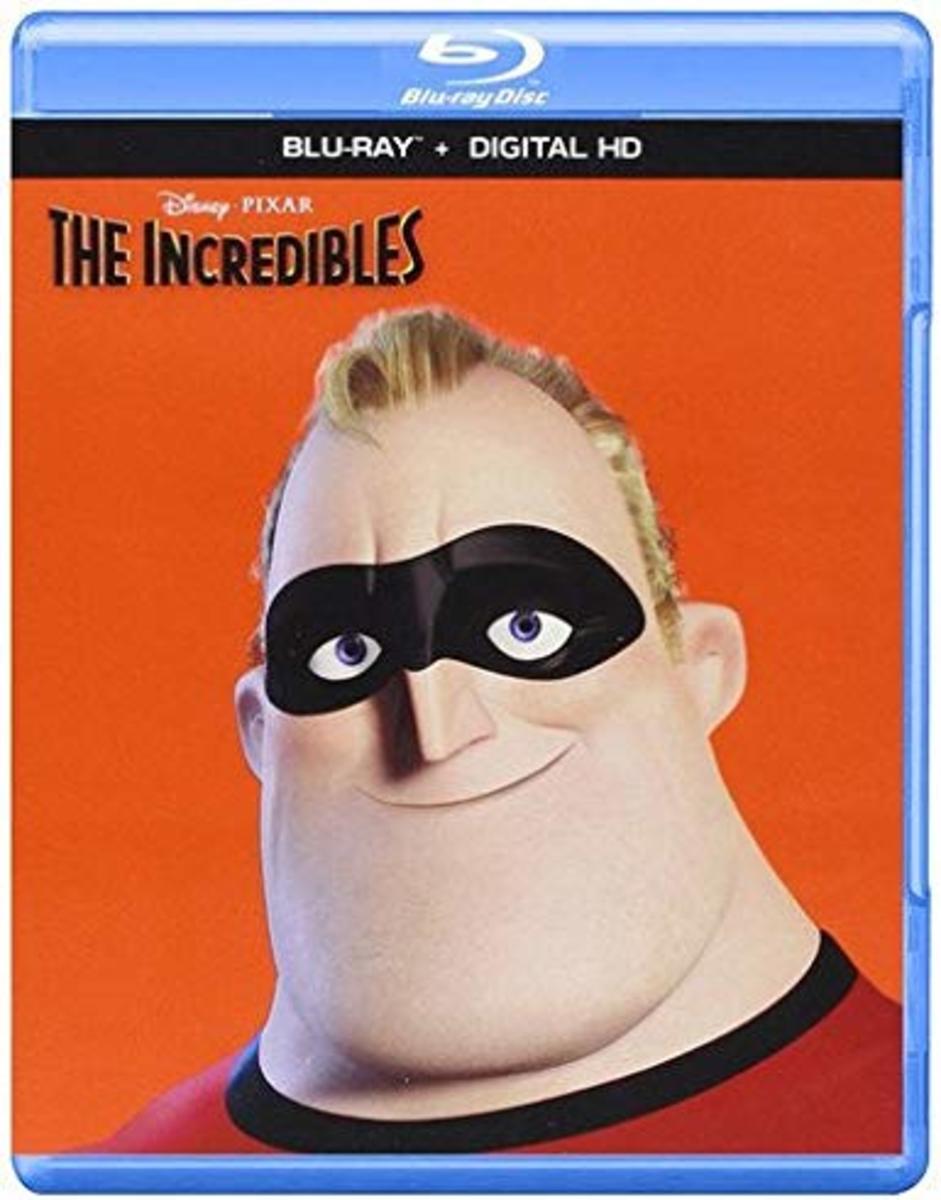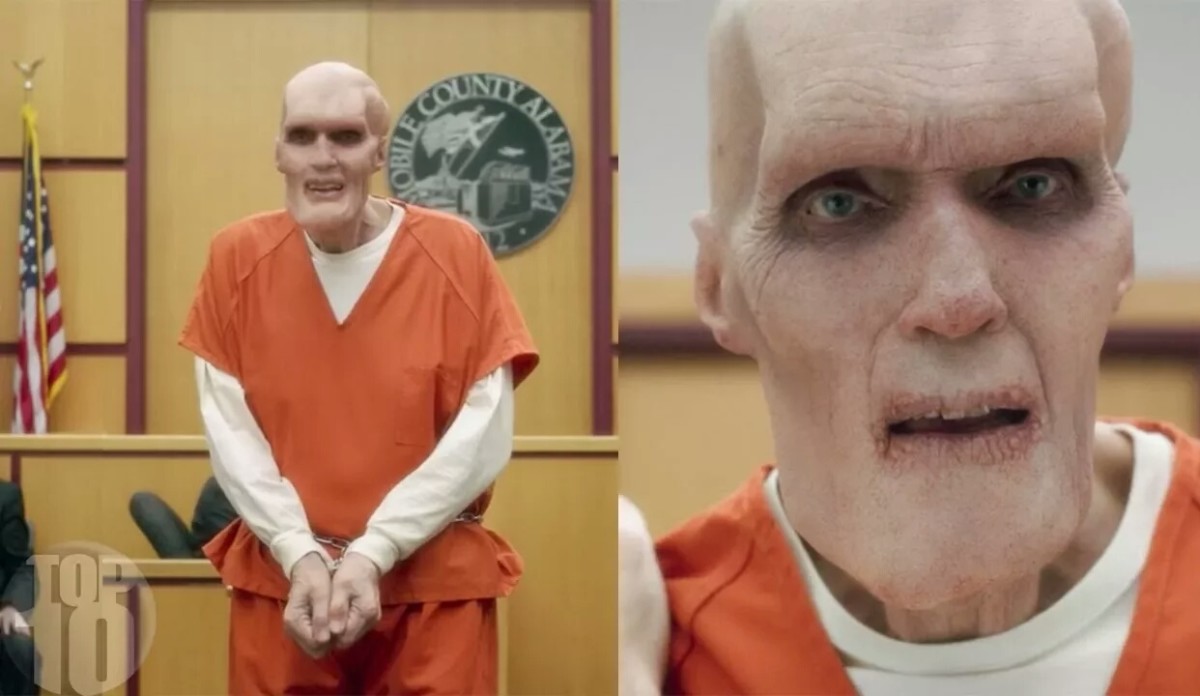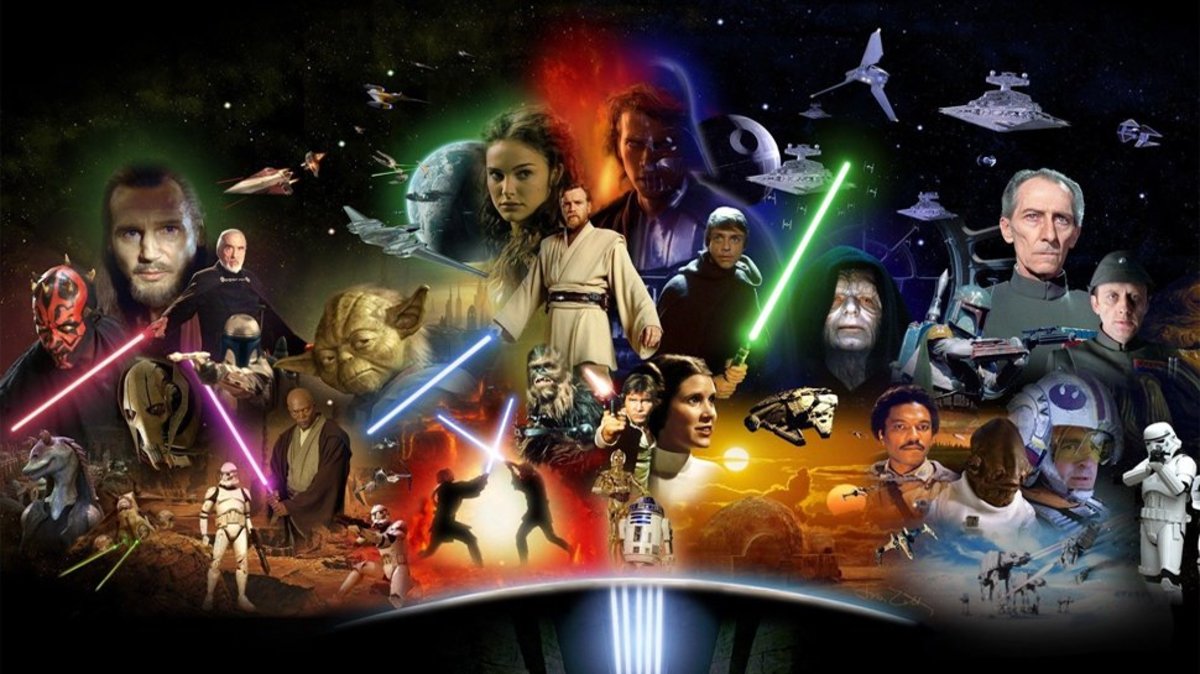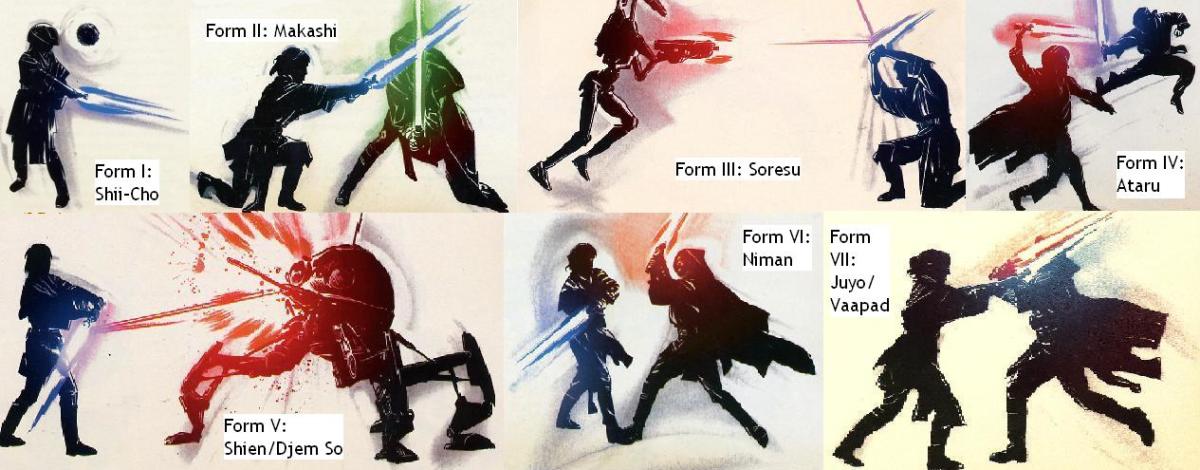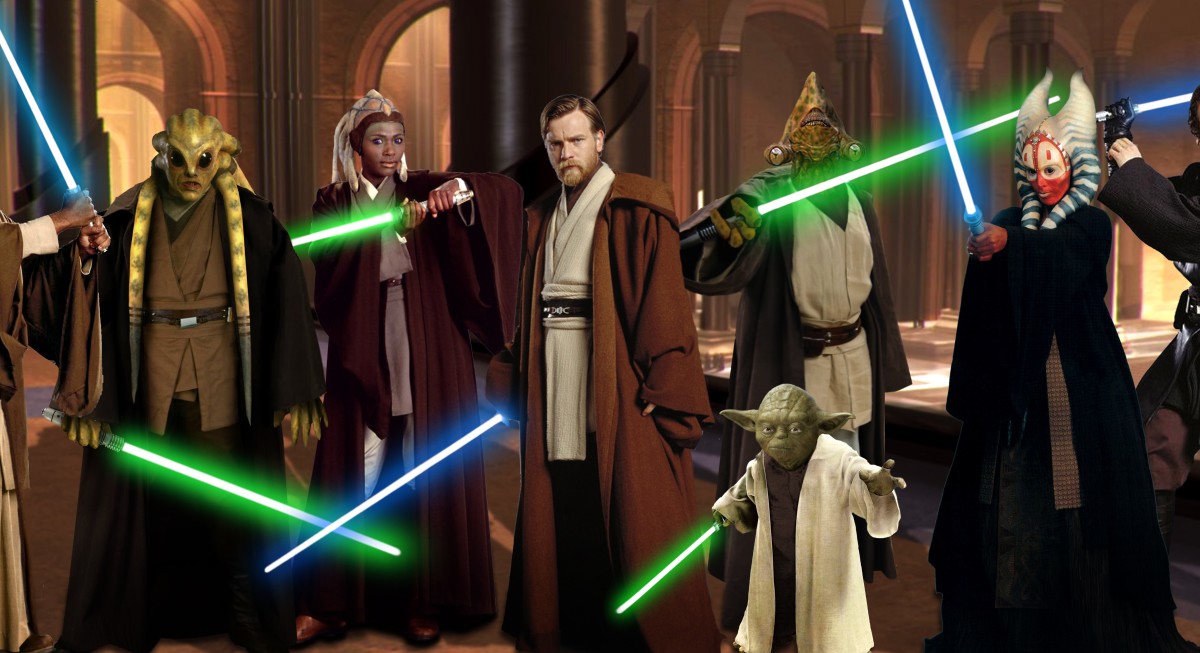- HubPages»
- Entertainment and Media»
- Movies & Movie Reviews»
- Science Fiction & Fantasy Films
Master of the World (1961): A Movie Review
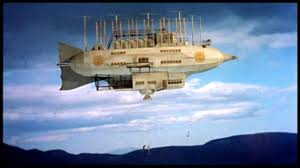
Friends, I tell you: It has gotten much harder over the past couple of years to import proper pictures for some reason.
Oh well, moving on...
We have hear a film based on two novels by Jules Verne: Master of the World and Robur, the Conqueror. I learned this from the ending credits.
Now, this 1961 film adaptation stars Vincent Price and a young Charles Bronson. I believe that those are the two most recognizable names in the cast.
The film takes place in the late nineteenth-century, vaguely in the region of the transatlantic world.
The film opens with a kind of city council meeting, in which the bone of contention seems to be: On which end of the hot air balloon (thought to be the very pinnacle of flying technology) should the propeller be put: the front of the balloon or the back?
No, seriously!
One of the film's supporting players argues passionately that the propeller should be put on the front.
Another of the film's supporting players argues passionately that the propeller should be put on the back.
Charles Bronson observes the proceedings with just the right amount of condescending amusement. He is a government agent of some kind.
He is there to investigate some seismic disturbances that have been disturbing the sleepy residents of a sleepy town in Pennsylvania. He is there, on behalf of the United States Government of America, to commission the use of their marvelous flying balloon.
Fine. But one thing has to be settled: Which end do we put the propeller? Front or back?
With the wisdom of Solomon, Charles Bronson proposes a compromise: Why don't we put a propeller on the front and the back?
Agreed!
In fairness, this gag is mildly amusing, placed in the context of the opening credits scene, which discusses all of our crazy first ventures into heavier than air flight.
The lot of them take off in the balloon.
The balloon is then brought down by missile fire. They fall into a volcano crater, or something, and are captured and brought to Vincent Price, the commander of a "futuristic," (in the Steam Punk kind of way) armed flying vessel.
Vincent Price's project is to end war. He will do this by flying around the world with his invincible vessel and his crew, threatening all of the planet's military installations on both land and sea.
If the personnel manning these installations do not abandon them, within twenty minutes, Vincent Price will unleash invincible force from above, with rather disheveling consequences for the installations and their personnel.
And so on and so forth.
Concluding Assessment
The first thing to say is that this is a movie of its time: 1961.
By that I mean it is a movie with special effects of its time: 1961.
I have an affection for this film.
However, if you decide to watch it, it might help if you told yourself two things, as you are viewing the film.
1. I am watching a stage play rather than a movie, per se.
2. I am watching an adult fairy tale.
My usual formula of critical thesis and dramatic consequence does not apply here. Master of the World is a "Once upon a time" kind of story.
Let me back up a bit.
One of my usual techniques for critiquing a film is to ask myself two questions: 1) What is the thesis of this film? What is the big idea it is trying to get across?; and 2) What is the dramatic consequence of this thesis?
In other words, what I am looking for is: How will the potentially explosive information, which comprises the film's thesis be revealed within the internal universe of the film?
And: Will this revelation be dramatically impactful? Will we in the audience really feel it, as the players feel it within the internal universe of the film?
When "dramatic consequence" is lacking, you get rather an air-sandwich of a story. I've talked about this in more detail in other film reviews and essays, here on Hub Pages.
Be that as it may, Master of the World does not have a thesis. It has an idea or moral. But that is so simplistic it simply does not qualify as a proper critical thesis.
But, to be fair, the whole adventures does have a rather decent "dramatic consequence."
All of the actors involved, particularly the two stars, Vincent Price and Charles Bronson, seem to have taken the project seriously. All of the acting performances are very solid and convincing throughout. Their conviction never flagged for an instant.
This is a goofy, wacky little picture, which I enjoyed a lot.
Thank you for reading!

